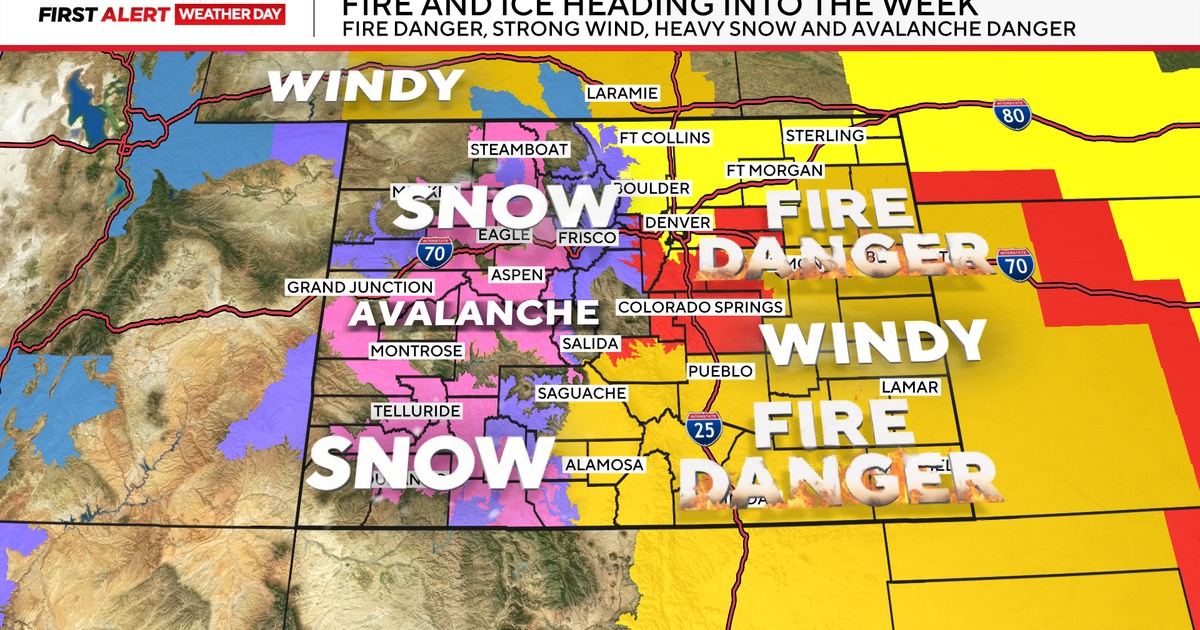West Nile Virus: Questions & Answers
July 30, 2012 -- How extensive is the threat of West Nile Virus this summer, and how can you help protect yourself from it? WebMD asked the CDC's medical epidemiologist Marc Fischer, MD.
What is the status of West Nile so far this summer?
Well, so far this year, some areas of the country are experiencing substantially more activity than they have in recent years.
As of July 24, when we pulled our last report, 35 states in the U.S. have reported West Nile virus infections in people, birds, or mosquitoes. To date, there have been 113 human cases of West Nile virus disease [this season], including two deaths, and most of these cases have been reported from South-Central states, which include Texas, Mississippi, Oklahoma, and Louisiana.
The overall number of cases is the highest number that we've seen reported through the third week of July since 2007.
Some areas experience more activity from year to year, but it's very difficult to predict how severe this season will be or why seasons are different from one year to another or from area to area.
Many factors impact when and where outbreaks occur, including:
- Weather
- The number of mosquitoes that spread the virus
- The number of birds that harbor the virus
- Human behavior that allows them to be exposed to the virus
What kind of season are you expecting, regarding the virus? How has the weather affected that?
It's really difficult to make a prediction for the severity of the season, so it is important that people be aware of that [West Nile virus] activity and take steps to protect themselves.
Because things can change over the year, it can be that the year's activity is going to be larger than in recent years, or it can be that it will be an earlier season, and so we'll end up having cases [now] and then smaller numbers later.
But typically, the season nationally peaks in the first few weeks of August, which is the time we're just moving into, and given the amount of activity we're seeing so far this early, it is important that people protect themselves against West Nile virus.
Weather, we know, plays a role in the amount of activity, but [determining] the specifics of what weather and what drives the amount of activity in cases is very difficult. Certainly temperature and precipitation play roles, but it's a more complex relationship to what's going to happen regarding activity.
Are there any areas in the U.S. that seem more active now, or is West Nile dispersed nationwide? Where is it likely to spread to next?
It's more dispersed nationwide. There has been some type of activity identified in 35 states in the continental U.S., and I believe there have been 16 states that have reported human infection or disease.
It's certainly more widespread, but so far, the majority of cases that have been reported, at least as of earlier this week, have been from those South-Central states. Clearly, we will start to see more cases from other areas over the next week or so.
West Nile virus is now endemic through the United States, and we can't really predict where it's going to occur.
In the past few years, the highest incidence of disease has been in the upper-mountain and Rocky Mountain states, and those include Wyoming, Colorado, the Dakotas, and those areas. But those are also areas that have less population, so they have higher incidence of disease, but not as many numbers of cases. The highest numbers of cases in the last few years have been from California, parts of Arizona, parts of New York, Texas, and Louisiana.
Are there any areas that people should avoid?
No, we never really recommend people avoid any particular location. Even when West Nile virus is at its peak, the risk to any given individual is relatively low, but we do suggest that people be aware of West Nile virus and its activity in where they live or where they're visiting, and that they take action to protect themselves and their family.
What protections do consumers need to take? Who is most likely to get West Nile in areas that are active right now?
The best way to prevent West Nile virus disease is to avoid mosquito bites, and you do that by using insect repellents when you go outdoors.
Also, when possible:
- Wear long sleeves and pants, especially during dawn and dusk, when mosquitoes are most active.
- At your home, it's good to install or repair screens on your windows and doors.
- Use air conditioning if you have it.
- Reduce mosquito breeding sites around your home by emptying items that have standing water, like flower pots, buckets, or kiddie pools.
Anyone who lives in an area where the virus is circulating can get infected. The risk of infection is in general higher for people who work outside or participate in lots of outdoor activities, especially during dawn and dusk, when the activity is greatest, because they're just more likely to be exposed to mosquitos.
Once somebody is infected, there are some people who have greater risk for getting diseased with West Nile virus, and those are people who are older adults, over 50 or 60 years of age, and those with certain medical conditions, like cancer, diabetes, high blood pressure, kidney disease, and organ transplant recipients.
We know that DEET is the most effective way to prevent against West Nile, but some people have concerns using it. Do any of the more natural products work?
There are a number of EPA-registered products that provide relatively long-lasting protection. Those include DEET [...] as well as some products called picaridin, oil of lemon eucalyptus, and IR3535. Oil of lemon eucalyptus and IR3535 are derived from natural materials, and they are classified as bio-pesticides by EPA.
No matter which of these products you're going to use, the most important thing is that you read the directions for that specific repellent because even the amount of that active [ingredient] that's in the product that you're using will vary, so you want to follow the directions as to how much to apply and how often to reapply it.
DEET, of all the products, has the longest track record and information regarding its effectiveness and safety. I can understand that some people want to use other products, but there are no specific concerns that we have with regards to the use of DEET when it's used according to the label.







